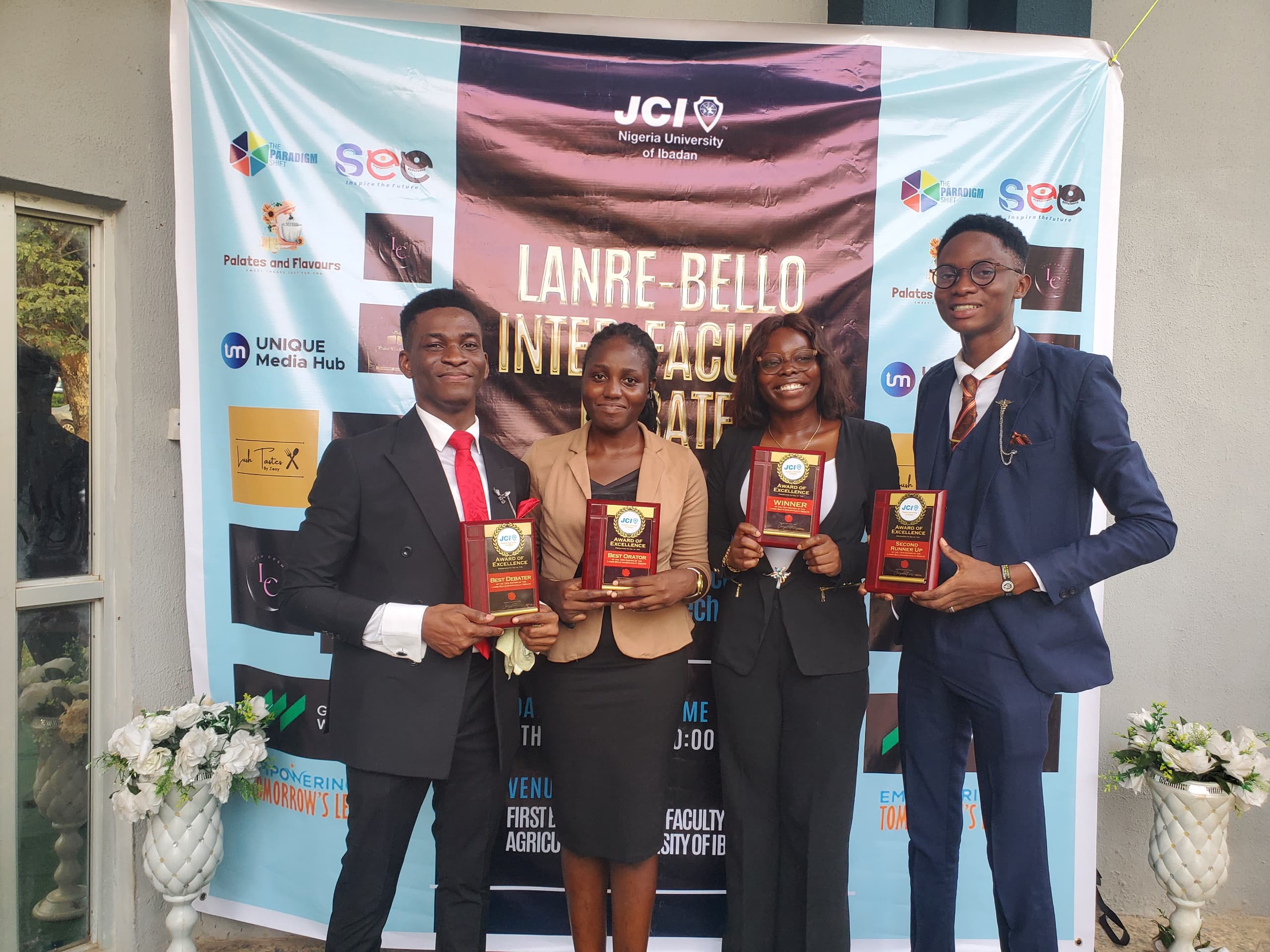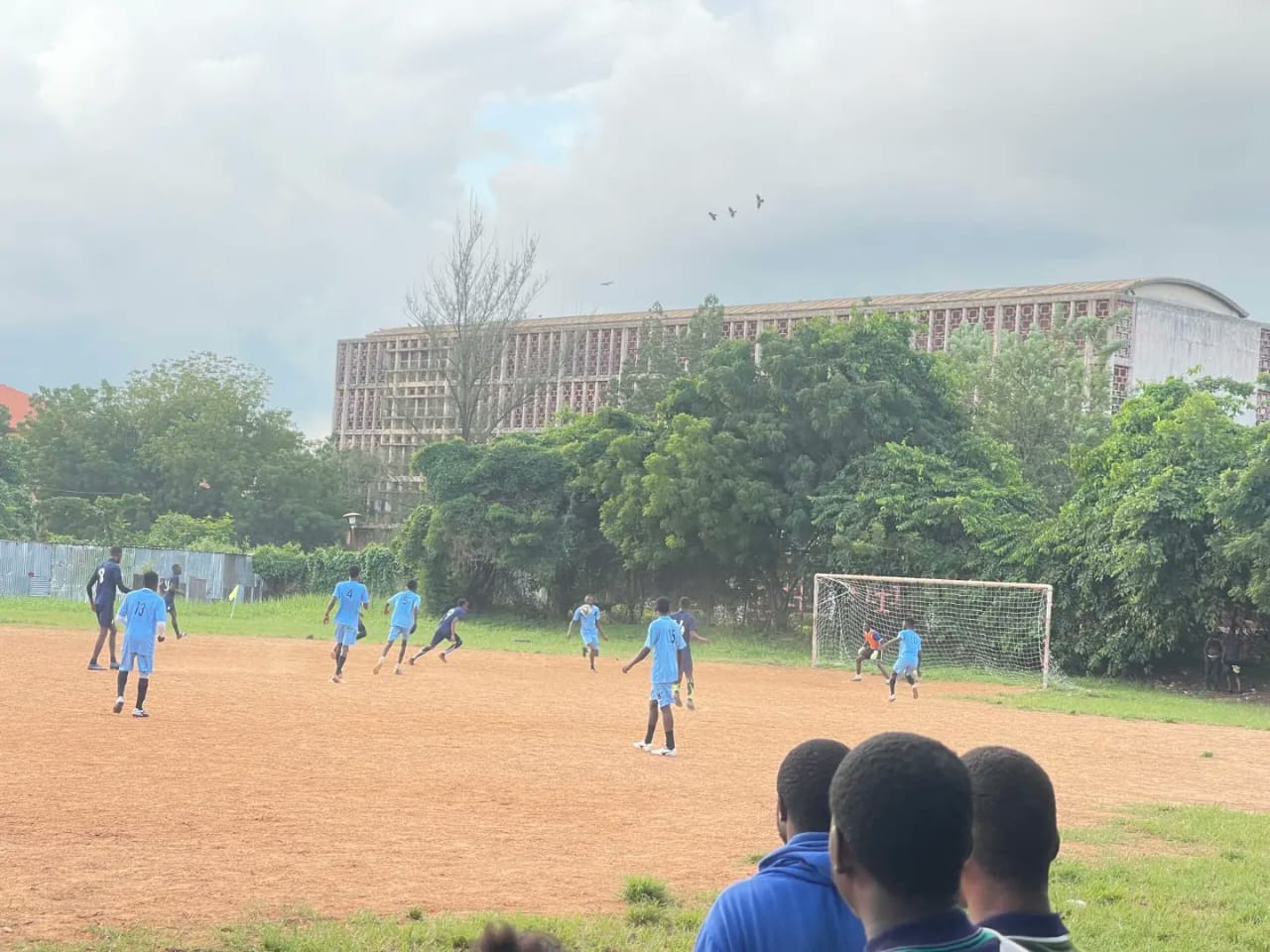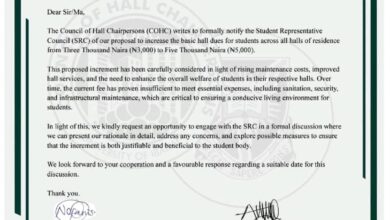UIMSAite Emerges Victor at UI Student Entrepreneur Competition

Obiageli Medebem, a 600 level UIMSAite emerged victor at the 3rd edition of the UI Student Entrepreneur Competition themed “Beyond Borders” which held from the 1st to the 2nd of November, 2023 at the International Conference Centre (ICC) in celebration of the 75th anniversary of the University.
The SME fair was an opportunity for small enterprises by UI studentpreneurs to exhibit their products, make sales, and network. About a hundred booths were provided for both students the University and non-students. The atmosphere within the conference center was vibrant as the venue transformed to accommodate a multitude of vendors. The mood was light and jovial, reflcting the spirit of innovation that filled the air.
The event turned out to be more grand and enlightening than anyone had expected kicking off on the first day at 12 noon and ending around 5 p.m., while the second event began at around 12 noon and ended at 6.10 p.m. In attendance were the Vice Chancellor and Deputy Vice Chancellor for Innovation and Research, several noteworthy CEOs, investors and the former First Lady of Oyo state, Florence Ajimobi, who gave sizable donations to the winners and eventually closed the ceremony.
One of the highlights of the competition was the informative and enlightening talks by industry experts and successful entrepreneurs, one of which was another UIMSAite, Mr. Abdulhammed Babatunde, who spoke on ‘Building an innovative enterprise as a student’ and was also on the panel of judges for the competition. The speakers shared invaluable insights on what it takes to become a successful entrepreneur and the importance of acknowledging the role of faith or belief in one’s journey. It was a reminder that entrepreneurship is not a solitary path but a collaborative and strategic one.


To answer the question on how she felt when she won the prize award of a hundred and fifty thousand naira, Miss Medebem described it in multiple words: shocked, in disbelief, happy, excited. “I would have burst into tears if my friend, Oluwatomisin Abel didn’t calm me down,” she said.
The second and third runners up received hundred thousand naira and fifty thousand naira respectively. Together with this award, the winners would be linked with investors that were invited to the event for possible expansion and partnership in the future.
The Student Entrepreneur Competition proved to be a transformative experience for all who participated. It was an event that showcased the potential of young entrepreneurs and emphasized the importance of seizing opportunities when they come knocking.
Rodiyah Khidir




